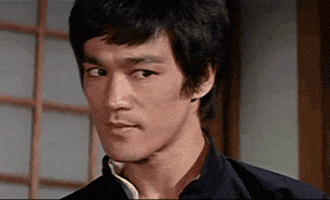- Messages
- 2,838
Whatever AI tool Google uses for search results responded to my query of "what does a military officer do if given an illegal order" with the following:See what ChatGPT has to say. Seriously, I suspect he would be required by military ethics and law to do what he did.
"An officer should first ask for clarification and can report the order up the chain of command, but they have a duty to refuse an order that is patently illegal, such as one directing the commission of a crime. Refusing an order carries significant legal risks and potential consequences, so it is highly recommended that the officer consult with a military lawyer for guidance before taking any action."
I will not vouch for the accuracy of that. Just reporting the result as you suggested.




